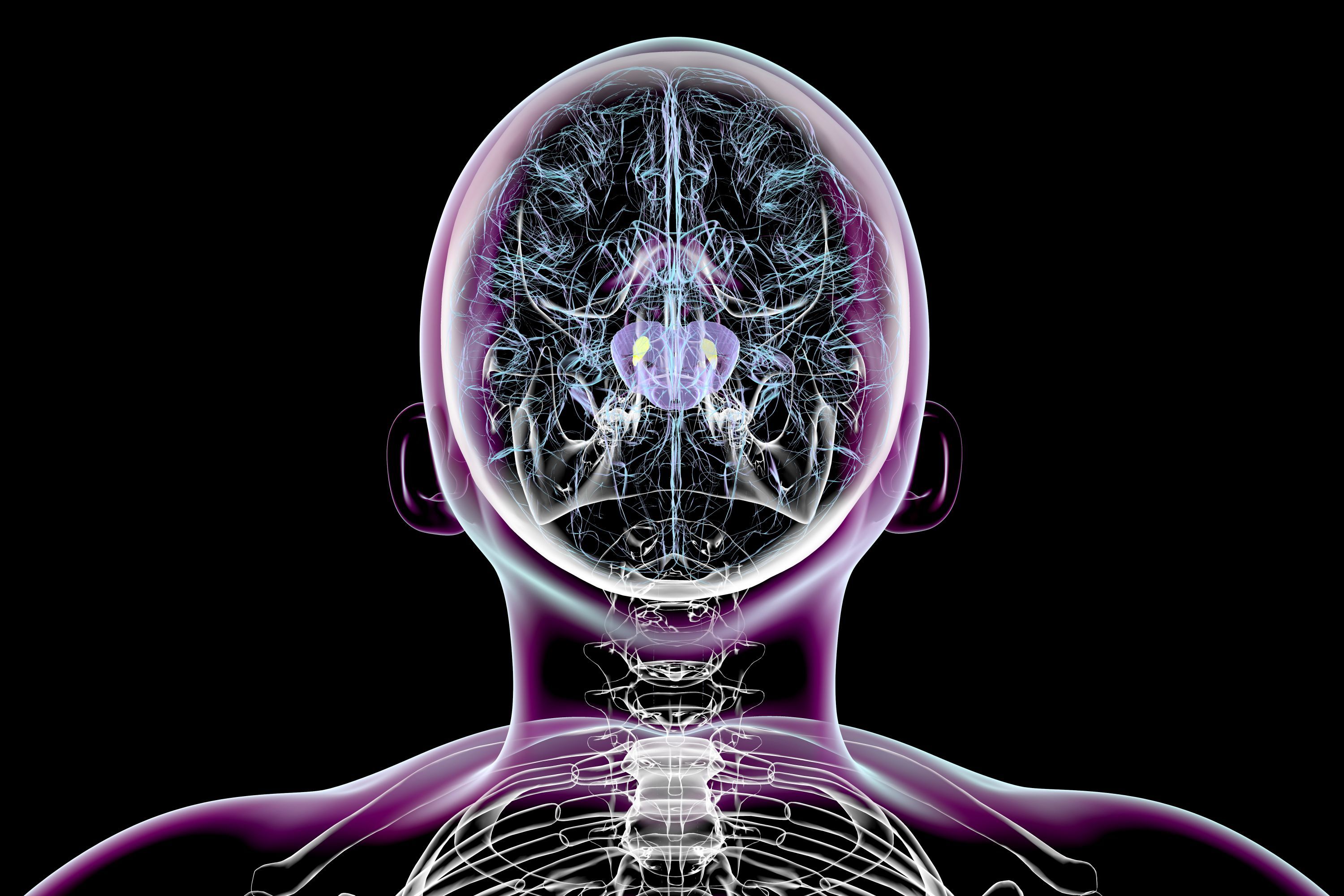Scientists Succeed in Reversing Parkinson’s Symptoms in Mice
A team of researchers has made a breakthrough in the treatment of Parkinson’s disease by successfully reversing its symptoms in mice. This groundbreaking study offers hope for the millions of people worldwide affected by this neurodegenerative disorder.
The scientists used a combination of gene therapy and medication to target the underlying causes of Parkinson’s and restore normal brain function in the test subjects. This innovative approach could potentially lead to new treatments for humans in the future.
Parkinson’s disease is characterized by the loss of dopamine-producing neurons in the brain, leading to tremors, stiffness, and difficulty with movement. Current treatments focus on managing symptoms rather than addressing the root cause of the disease.
The results of this study are promising and offer new possibilities for the treatment of Parkinson’s disease. Further research is needed to determine the long-term effects of this treatment and its potential applications in human patients.
With continued advancements in medical research, there is hope that a cure for Parkinson’s disease may one day be within reach. The researchers behind this study are optimistic about the future of their work and the impact it could have on improving the lives of patients with Parkinson’s.
As we celebrate this groundbreaking achievement, let us look forward to a future where Parkinson’s disease is no longer a debilitating condition, but a manageable disorder that can be effectively treated and eventually cured.






More Stories
Conspiracy Theories About the Texas Floods Lead to Death Threats
Methane Pollution Has Cheap, Effective Solutions That Aren’t Being Used
Why Jolly Ranchers Are Banned in the UK but Not the US